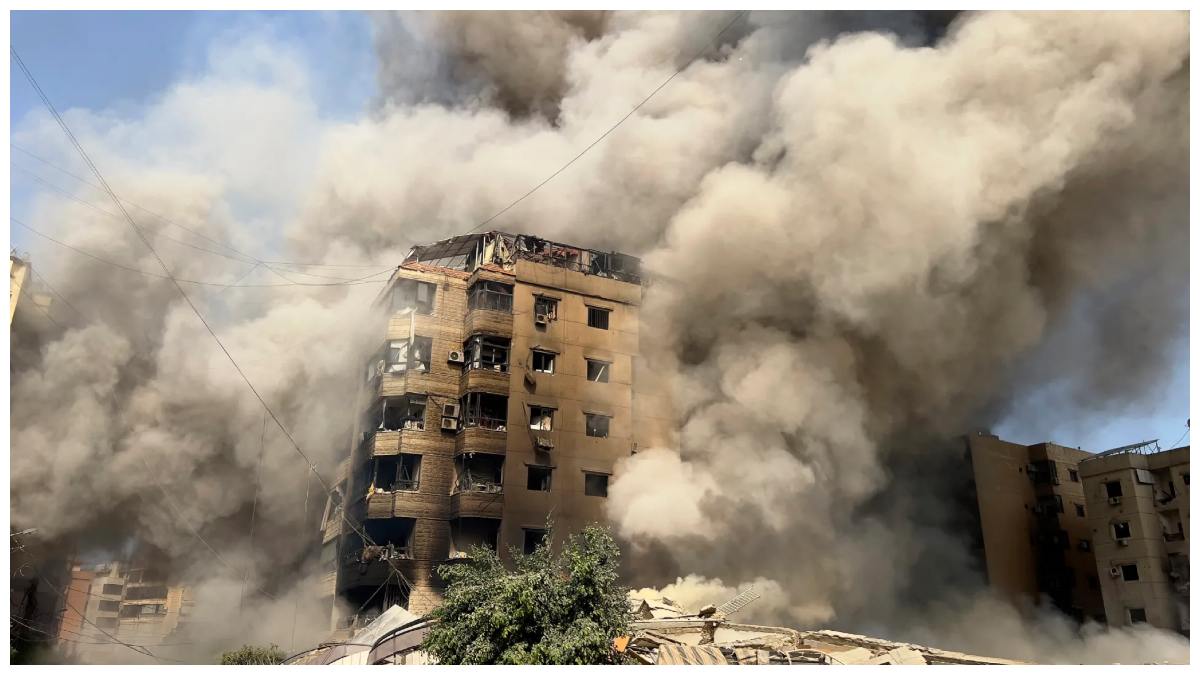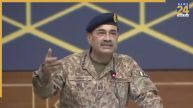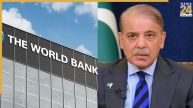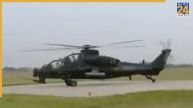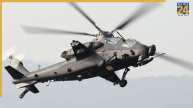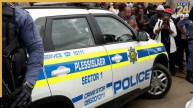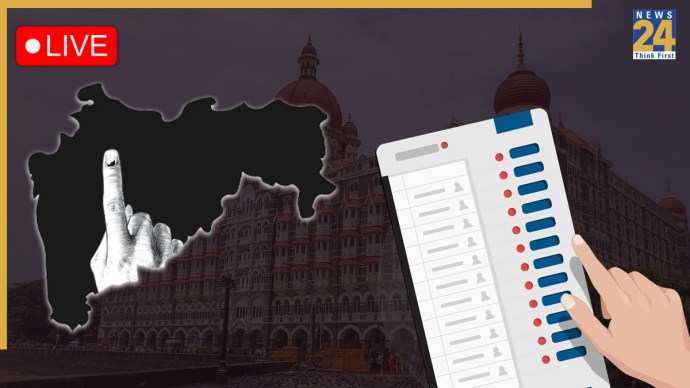After Hezbollah Chief Hassan Nasrallah was killed, the clashes between Israel and Hezbollah have intensified, which has reached its borders as a culmination point. The airstrikes by Israel along with the retaliation from Hezbollah have increased casualties in Lebanon, where the death toll has crossed the 2,000 mark.
Escalation Of Violence
The latest round of violence occurred after the clashes continued between Israel and Lebanon. Hezbollah-an arm of Iran and Lebanon’s most powerful militia-has long been a dominant force in Lebanon. This, however, is one of the deadliest periods in the region since the Lebanon War in 2006.
Hezbollah has retaliated with several rocket attacks across the Israeli border, with casualties and extreme fear among Israeli civilians. So far, the casualties are mostly concentrated in Lebanon, where heavily populated civilian areas have been severely dislocated by heavy bombings. Hospitals in southern Lebanon have apparently been overpowered in trying to cope with the sharply rising number of casualties.
ALSO READ: Israel-Iran Conflict: Time For India To Pick A Side
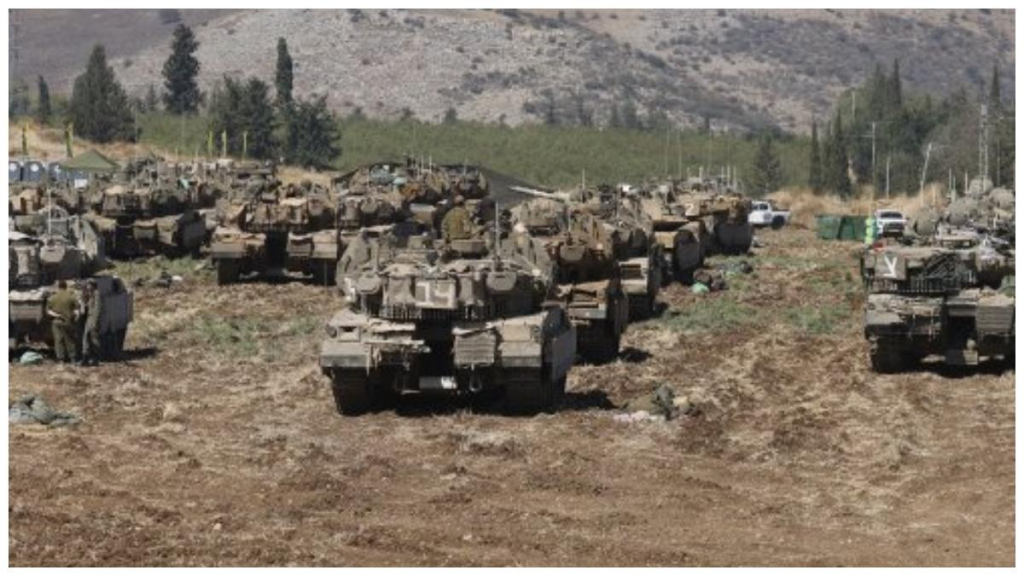
Lebanon Death Toll Mounts
Lebanon’s health ministry stated the conflict has left more than 2,000 people dead. These death tolls include, not only Hezbollah fighters, but hundreds of civilians as well who are said to be caught in the crossfire. Israeli airstrikes have focused largely on main Hezbollah strongholds, most of which are said to be near civilian populations, causing tragic collateral damage.
Southern Lebanon, where Hezbollah has its main base of operations, has been hardest hit, with residential buildings, schools, and even hospitals sustaining damage from Israeli air raids. This escalating death toll has fueled anti-Israeli sentiment across Lebanon, with many accusing Israel of indiscriminately targeting civilian areas in its efforts to cripple Hezbollah’s military capacity.
ALSO READ: Israeli Airstrike Hits Major Highway Between Lebanon And Syria, Iran Warns Of Strong Retaliation
United Nation Calls For Restrain
The escalating situation has drawn international interventions with appeals to stop the bloodshed. The United Nations called for a truce, asking both Israel and Hezbollah to back down. However, with tensions at an all-time high and both sides unwilling to back down, the prospect of a peaceful resolution seems distant.

